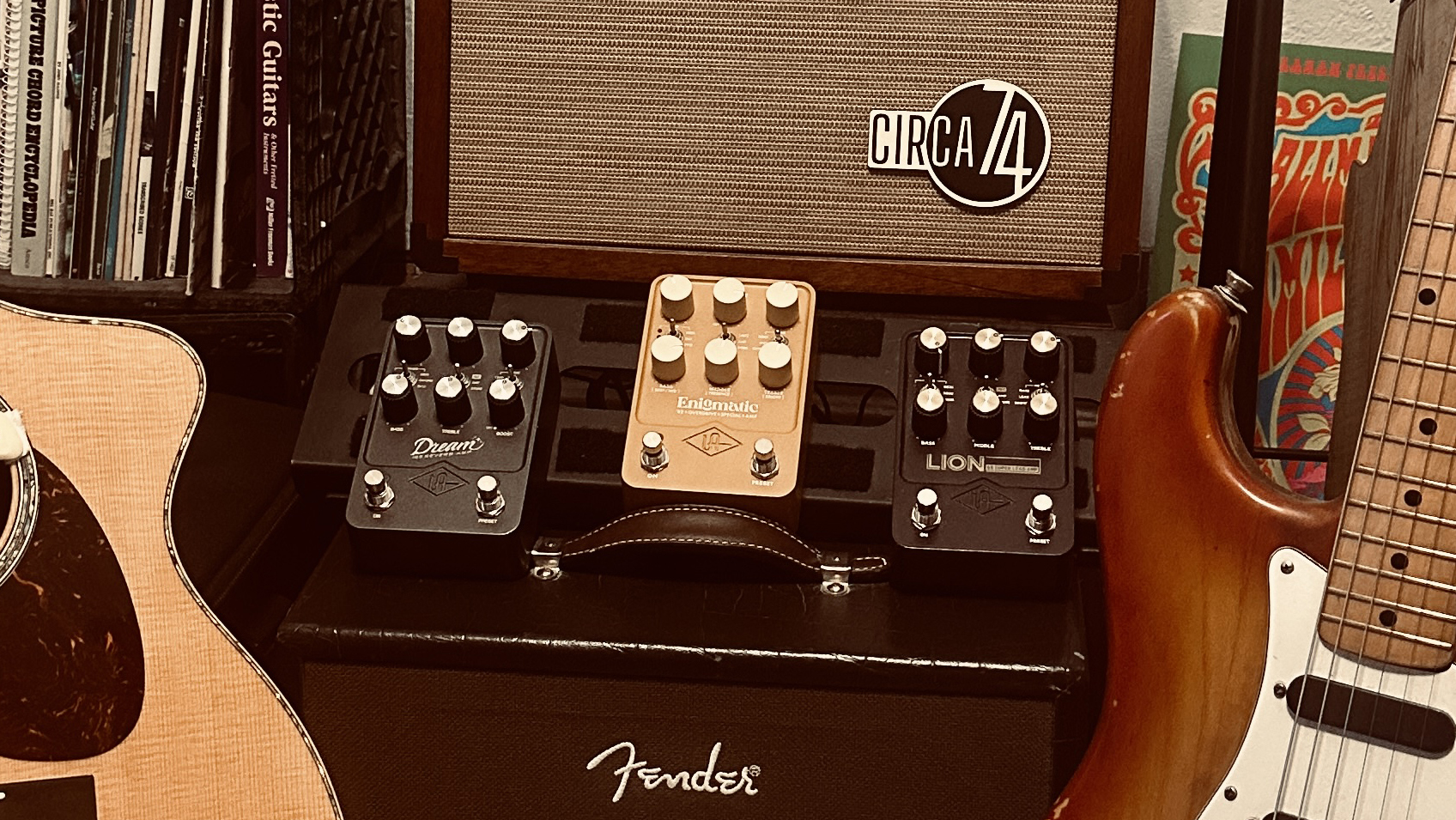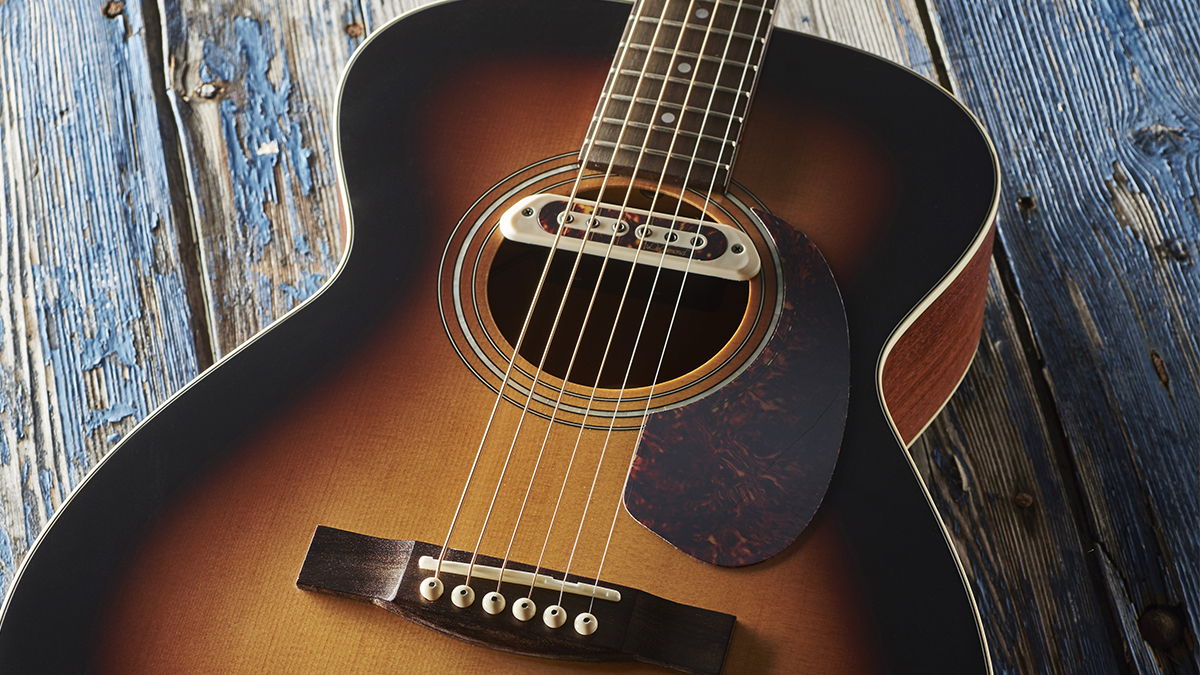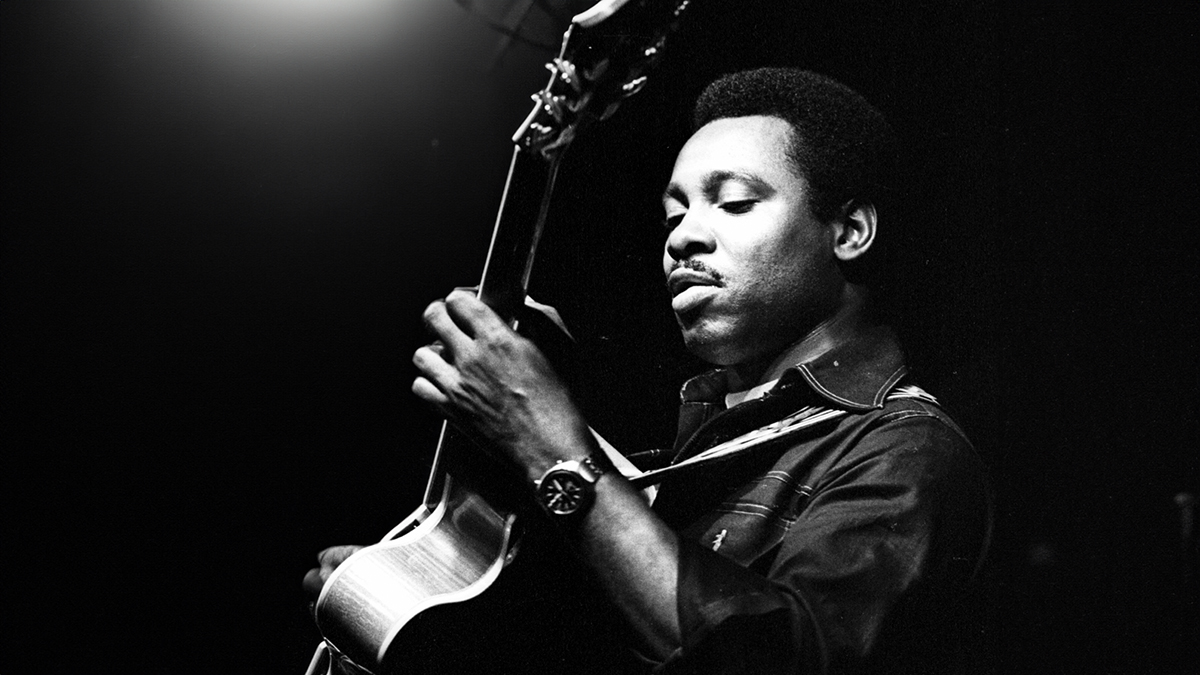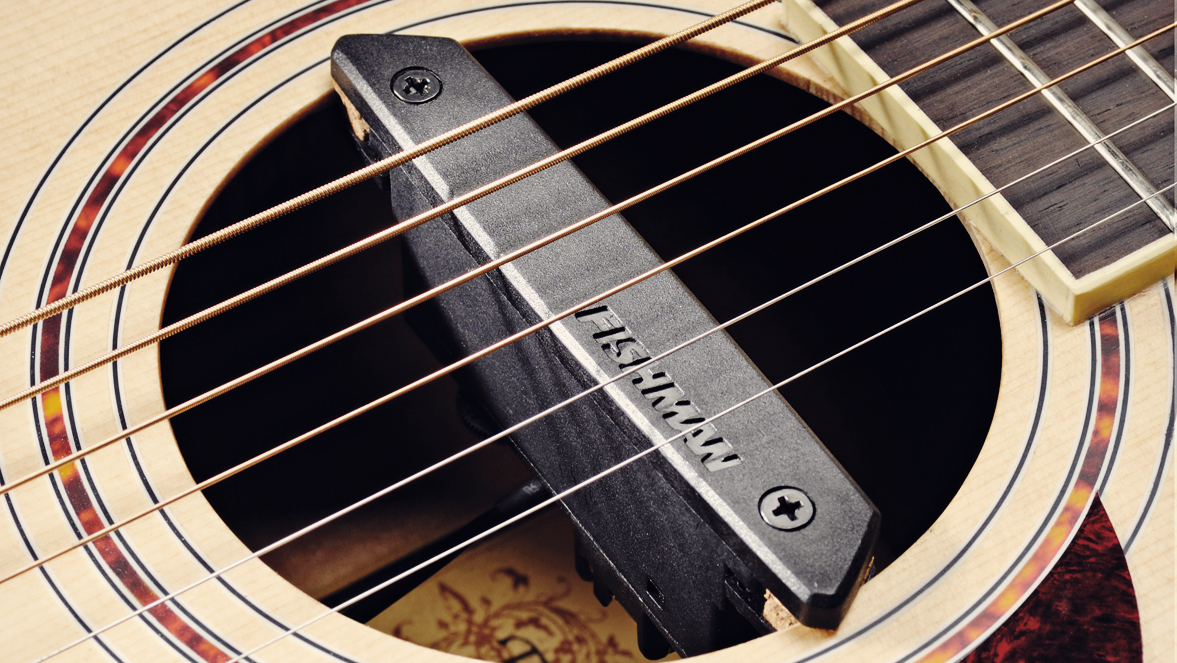Luther Dickinson Reveals His Fingerpicking Secrets
The North Mississippi Allstars leader explains how to get your head and hands around odd times and odd groupings.

While you won’t hear much of the guitarist’s obsession on his new North Mississippi Allstars album, it’s a big part of the film scoring Luther Dickinson created for the documentary Onward Christian Soldier, about American terrorist Eric Robert Rudolph.
As it turns out, Dickinson is deep down this rabbit hole, and he encourages everyone to jump in with him.
We’ll get a toehold before diving in headlong.
To fingerpick fluently, mechanics must be internalized. Slow your roll and concentrate on counting until the flow starts to happen naturally, meaning neural connections have been committed to “muscle memory.”

INTERNALIZE FIVE
Says Dickinson, “What really turned me on is how easy it is to do five if you just roll up and back down: thumb, index, middle, index, thumb.”
This is easily done on any three adjacent strings in any tuning.
The main mission is to get a feel for the flow of three digits playing groups of five notes. Counted out, it’s simply “1-2-3-4-5.”
To put it in play, create a chord or put the guitar in an open tuning. Start on the sixth string, and after the first cycle is complete, move to a fifth string root and repeat. Then move to the fourth and the third string.
From there, either repeat or work backward down from the third string.
ODD TIMES FOR ODD GROUPS
That basic motif works in 3/4, as “1 2 3 4 5” equals “1 and 2 and 3,” only the last note holds for two eighths (i.e., a quarter note).
Each of those groups of five plucks, plus the hold, happens over three quarter notes, so it’s like six over eight, which boils down to three over four.
It helps to set a click and play to that. Commit that to muscle memory, and then try this inversion:
Upon completing the first group and jumping to the fifth string root, start the pattern with the middle finger on the third string.
Then roll down with index and thumb on strings four and five, respectively, before finger rolling back up.
Now try alternating the two finger patterns successively.
Once that’s happening in 3/4, it’s time to connect them.

The next step takes us to Dickinson’s level, and it’s super hip.
Simply keep the whole train rolling with straight eighth notes, and the flow smooths out seamlessly into a cascading cycle.
Repeat the alternating patterns successively several times. See how natural it is to connect them? It’s as if the two were meant to work together as one whole.
We’re actually plucking 10 eighth notes per measure, which reduces to 5/4.
Set your click to five beats and get it going, then try moving the root up from strings six through three and then back down again, alternating between plucking patterns.
INTERNALIZE SEVEN
You can break groups of seven down into smaller divisions of four and three. Dickinson’s method for this involves using four adjacent strings.
The first half of the pattern goes: thumb on string six, index on four, thumb on five, middle on three.
The second half is: thumb on six, index on four, middle on three.
As before, each of the first six plucks lasts the duration of an eighth note, except the very last one, which hangs on for a quarter note, allowing you a moment to reset and keeping the time common at 4/4.
Count this as “1 and 2 and 3 and 4.”
Next level: Again, simply keep the whole thing going, letting it roll over with no quarter note at the end. The time signature ends up as 7/8, and we wind up with another very natural cyclical flow.
Count this as “1 2 3 4, 1 2 3.”
This also works well across the strings moving the root up from the sixth to the fifth and fourth, and then back down each again.
Highest level: Dickinson is fully into the cyclical flow, and to take the challenge even higher he says, “Another way I like to count these is over 4/4. I love feeling where the five- or seven-pattern turns over, making different beats the first of the phrase.
“Tapping my feet back and forth helps me feel the long pattern of how many cycles before the downbeat falls back on the one where I started.
“It helps me to internalize, reacquaint myself with each eighth note, and feel the pulse of five or seven on top of four.”
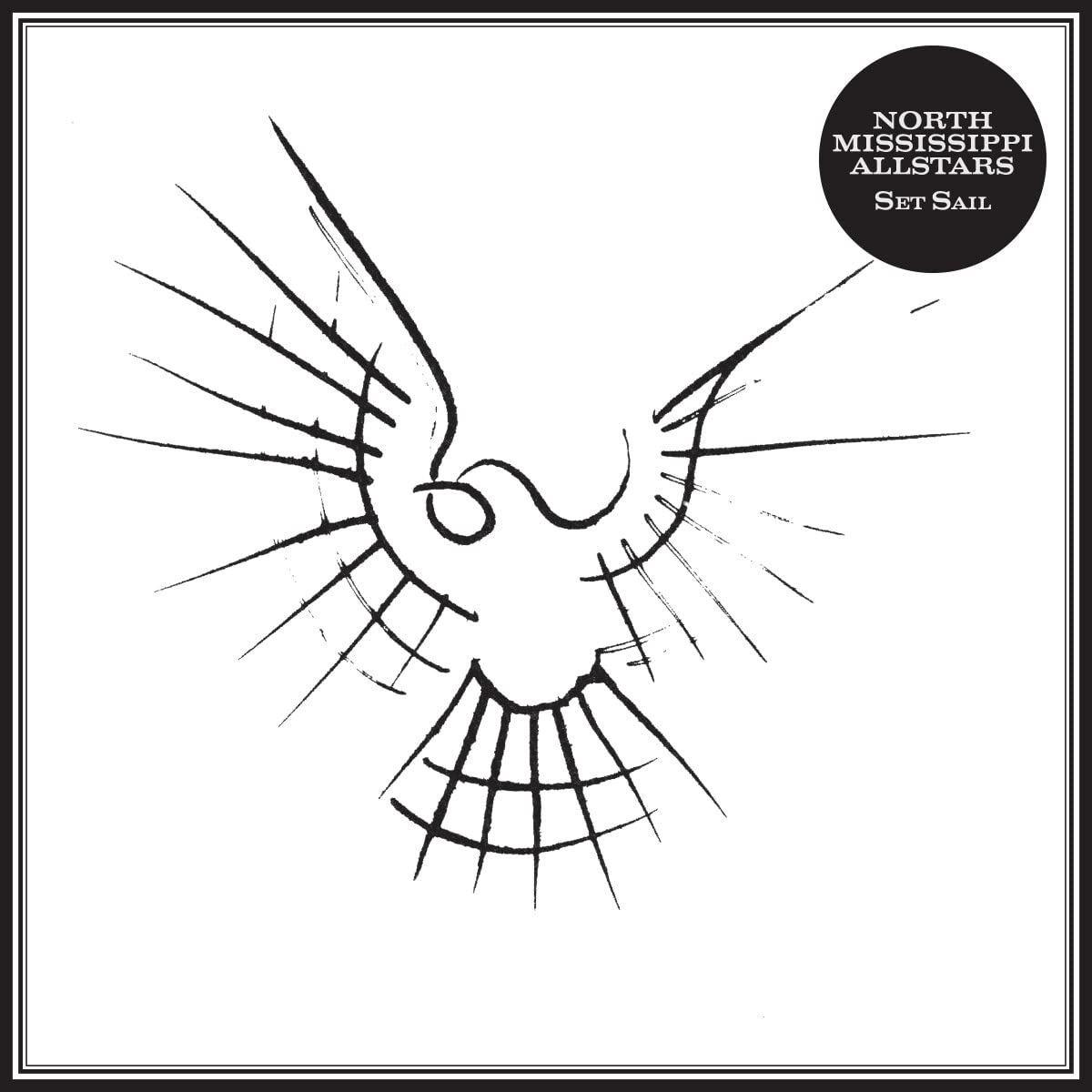
Purchase the North Mississippi Allstars Set Sail album on vinyl here.
Get The Pick Newsletter
All the latest guitar news, interviews, lessons, reviews, deals and more, direct to your inbox!
Jimmy Leslie has been Frets editor since 2016. See many Guitar Player- and Frets-related videos on his YouTube channel, and learn about his acoustic/electric rock group at spirithustler.com.
“Write for five minutes a day. I mean, who can’t manage that?” Mike Stern's top five guitar tips include one simple fix to help you develop your personal guitar style
"It’s like you’re making a statement. And you never know where it’ll lead." Pete Thorn shares the tip that convinced Joe Satriani he was the right guitarist for the SatchVai Band


